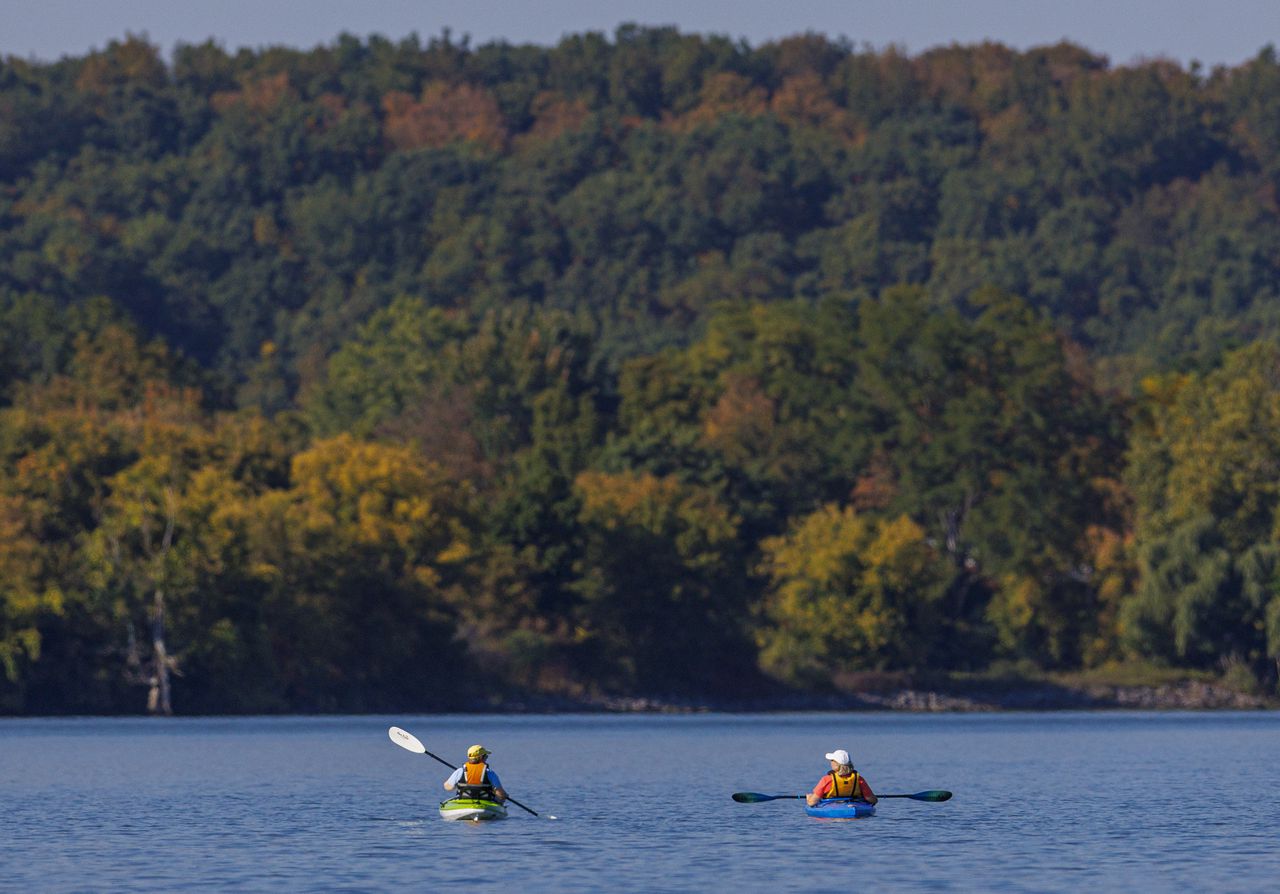Syracuse, N.Y. — This year is expected to go down as the second-warmest Syracuse has experienced in at least 120 years.
Five of Syracuse’s 10 warmest years have now occurred since 2002; the warmest was 2012. Complete records for Syracuse began in 1903. That means 50% of the warmest years have occurred in the last 15% of all the years on record.
That recent clustering of warm years in Syracuse is another clue pointing to the warming of the planet caused by burning fossil fuels. While no single warm year or even group of years can be definitely pinned on climate change, they’re more likely to happen because of climate change.
“It kind of loads the dice to make it more possible that a record or near-record warm year can occur,” said Mark Pellerito, a meteorologist with the National Weather Service in Binghamton, which issues forecasts for Central New York.
Syracuse’s average temperature for all of 2023 has been nearly 4 degrees warmer than normal. That doesn’t sound like much, but it’s enough to make winters more rainy and icy than snowy, and to make already oppressive summer nights more dangerous for people without access to air conditioning.
Upstate New York is somewhat shielded from the worst of the planet’s heatings because of the Great Lakes, which moderate temperatures by holding heat in winter and cold in summer. (The Finger Lakes play a similar role in narrow strips, which is why the nexus of New York’s wine industry lies along their shores.)
But we’re part of the global climate system, and warm air moves around the planet. Scientists say 2023 is almost certain to be the hottest year on record for Earth, surpassing pre-industrial levels by about 2.5 degrees.
Several Upstate cities are also wrapping up some of their warmest years. Albany is having its warmest year since records began there in 1874. Binghamton, where records only began in the early 1950s, will likely finish with its warmest year.
Buffalo’s 2023 is its fifth-warmest, and…
Read the full article here

Leave a Reply